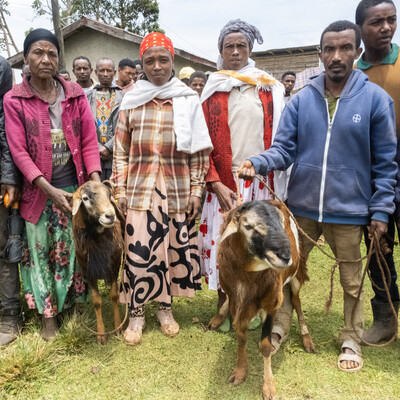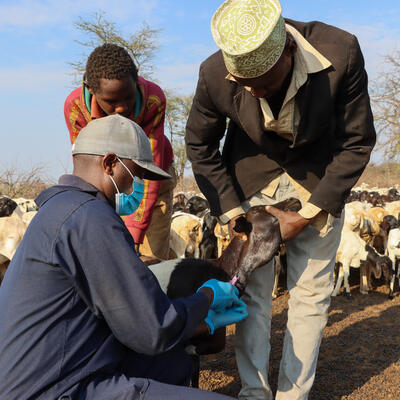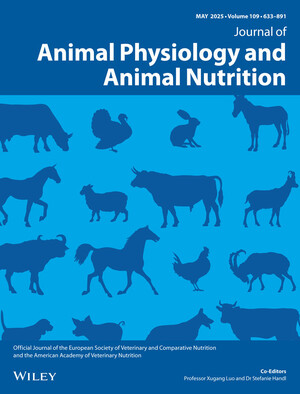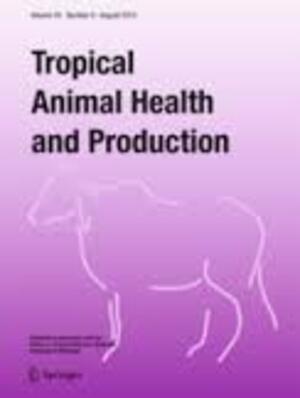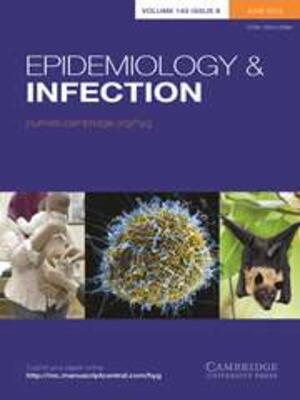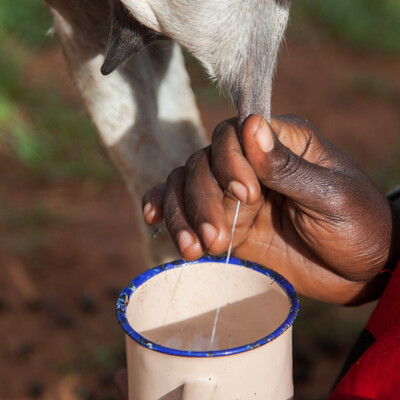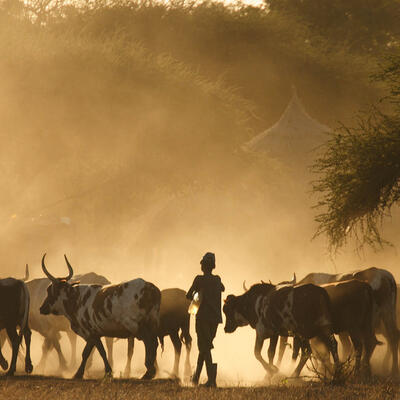
Livestock vaccines are linked to women empowerment in northern Ghana
Healthy and productive small ruminants play a key role in supporting women’s empowerment in low- and middle-income countries. This is because small ruminants (goats and sheep) are more likely to be owned and controlled by women and have been shown to support women's livelihoods, their empowerment and their households’ nutritional status outcomes.
Animal vaccines, among other animal health services, are essential for maintaining livestock health and productivity. But some gender-based restrictions limit women’s access to animal health services, thereby affecting the potential of the livestock they own and control to enhance their empowerment. At the same time, devastating livestock diseases such as peste des petits ruminants (PPR) limit the productivity of the small ruminant industry and cause substantial economic losses to small ruminant farmers, particularly women goat keepers.
A recent International Livestock Research Institute (ILRI) study explores the link between women empowerment and the knowledge of, access to, and use of PPR vaccines. Understanding this relationship can help inform the design of livestock vaccination programs that are better able to reach women and support their empowerment.
Data was collected and analysed using the Women’s Empowerment in Livestock Index (WELI) tool from goat keepers in northern Ghana, which included a module on the PPR vaccination status and practices in the farm households. The findings show a significant positive association between empowerment and vaccination in terms of farmers’ knowledge about animal health and PPR vaccines, and access to PPR vaccines.
As far as the relationship between empowerment and PPR vaccination practices/status is concerned, the significant empowerment indicators for women goat keepers were asset ownership and input into decisions concerning livestock. Women empowerment is therefore associated with animal vaccination for women-controlled livestock assets such as goats and sheep. Policy decisions and actions toward enhancing women’s asset ownership, input into decisions about livestock production, knowledge of animal health and vaccines, and access to vaccines can guide the designing of effective and equitable livestock vaccine systems.
Read the full study: 'Women's empowerment and livestock vaccination: Evidence from peste des petits ruminants vaccination interventions in northern Ghana'
Photo credit: Ayinatu Ali is a livestock farmer in Bawku West District of the Upper East Region, northern Ghana (photo credit: ILRI/Georgina Smith).






